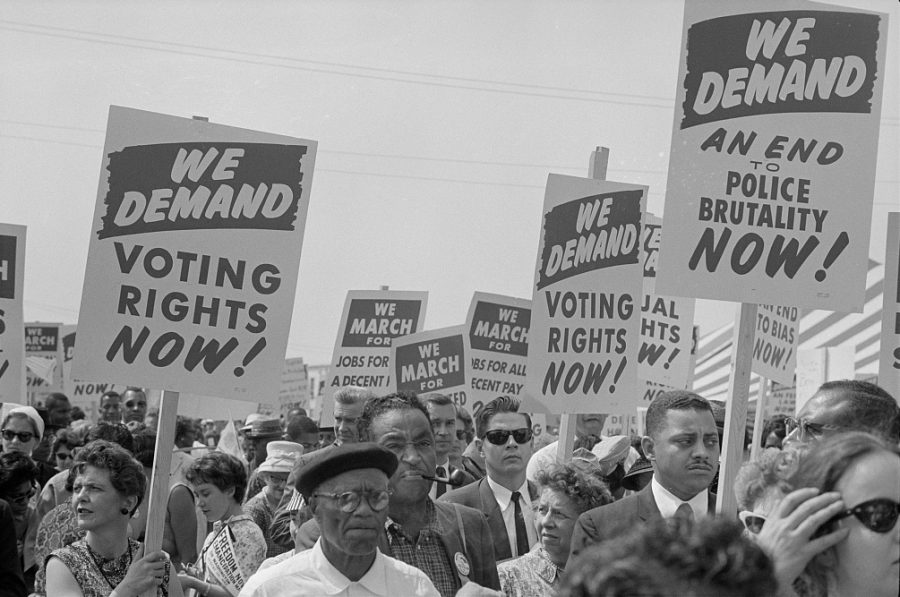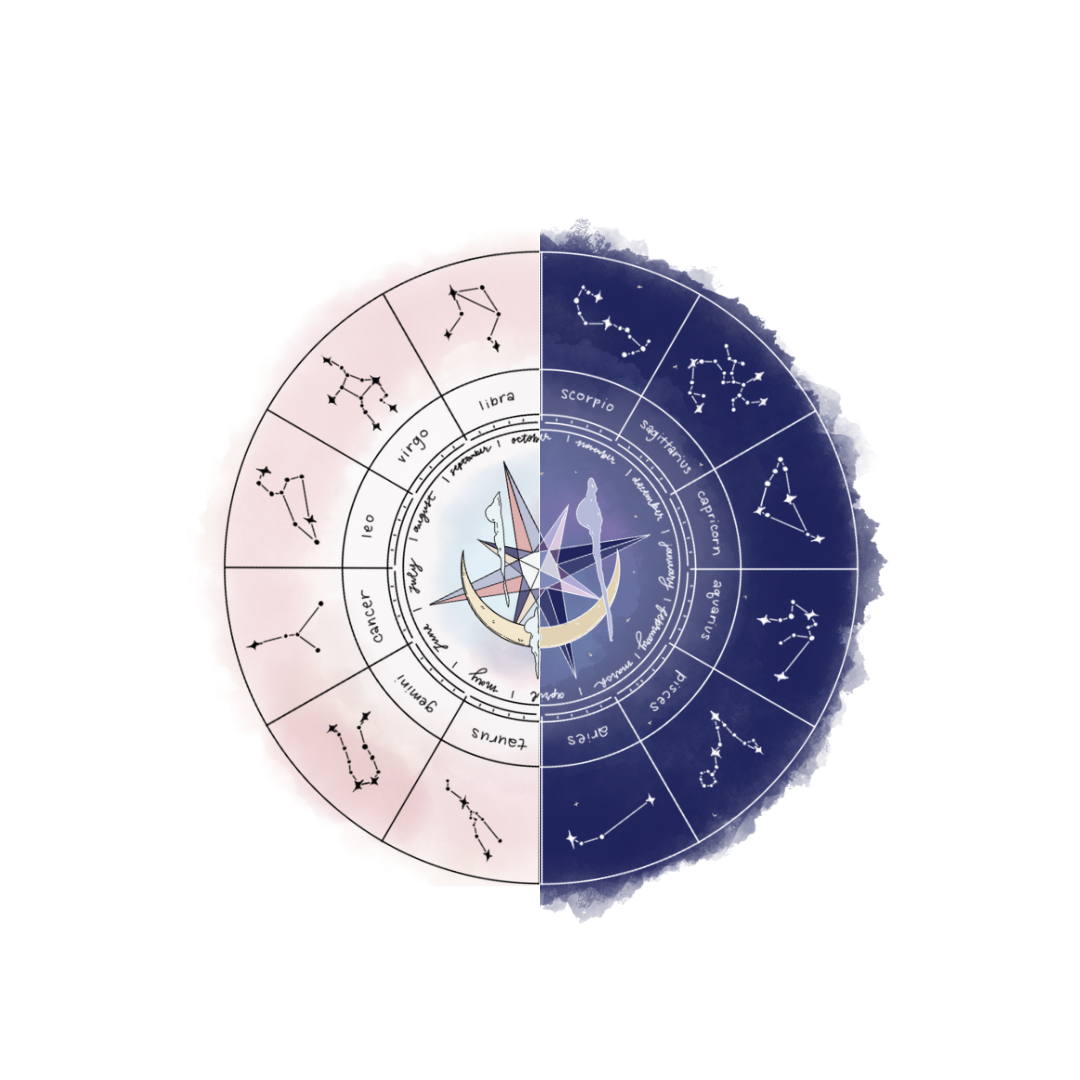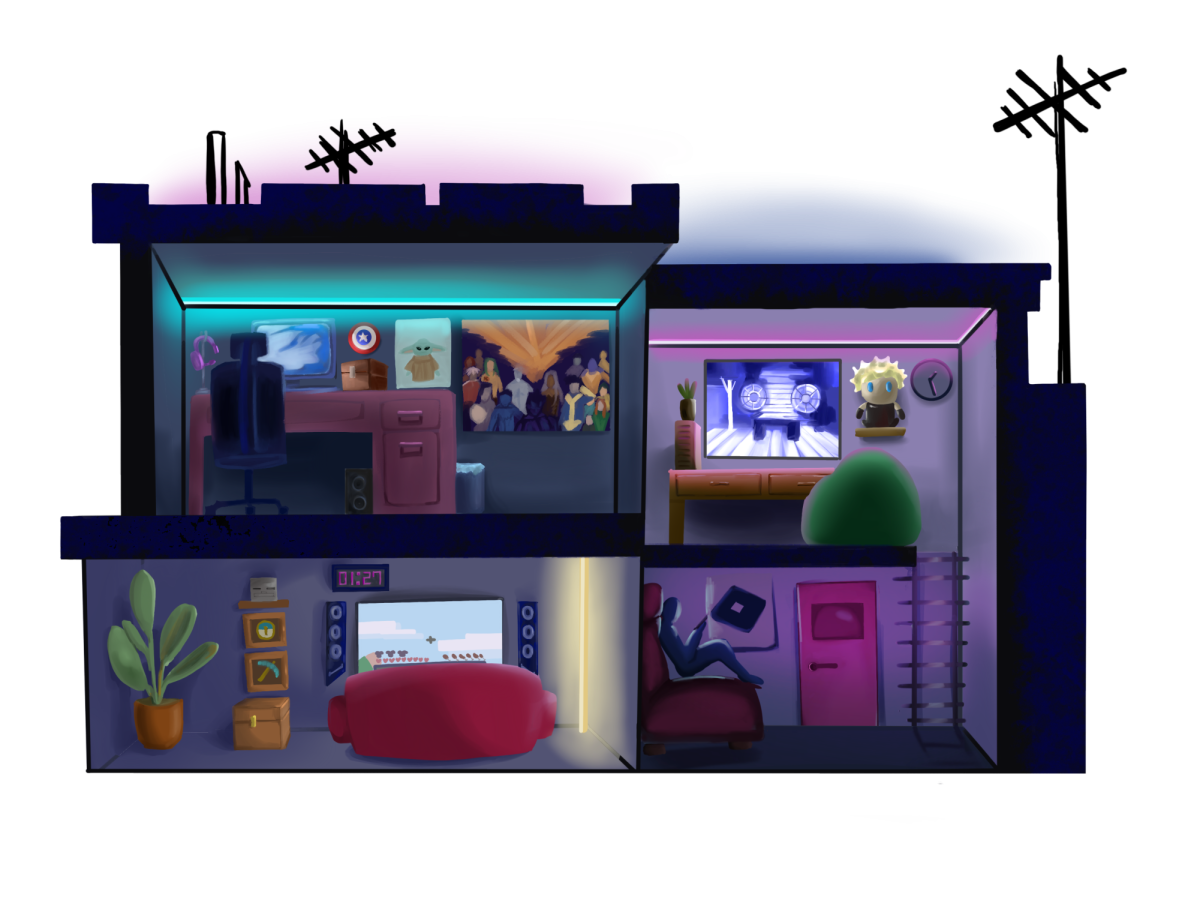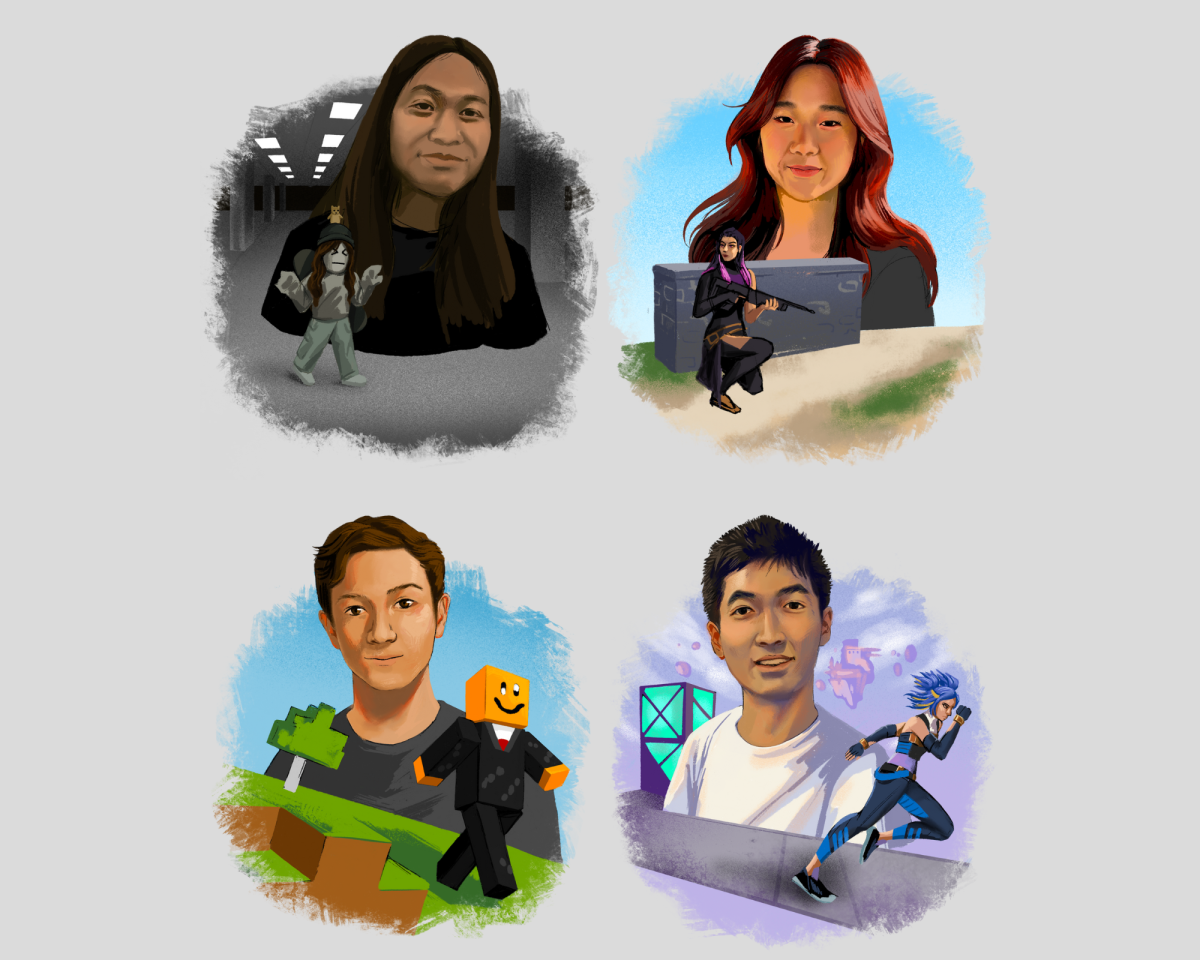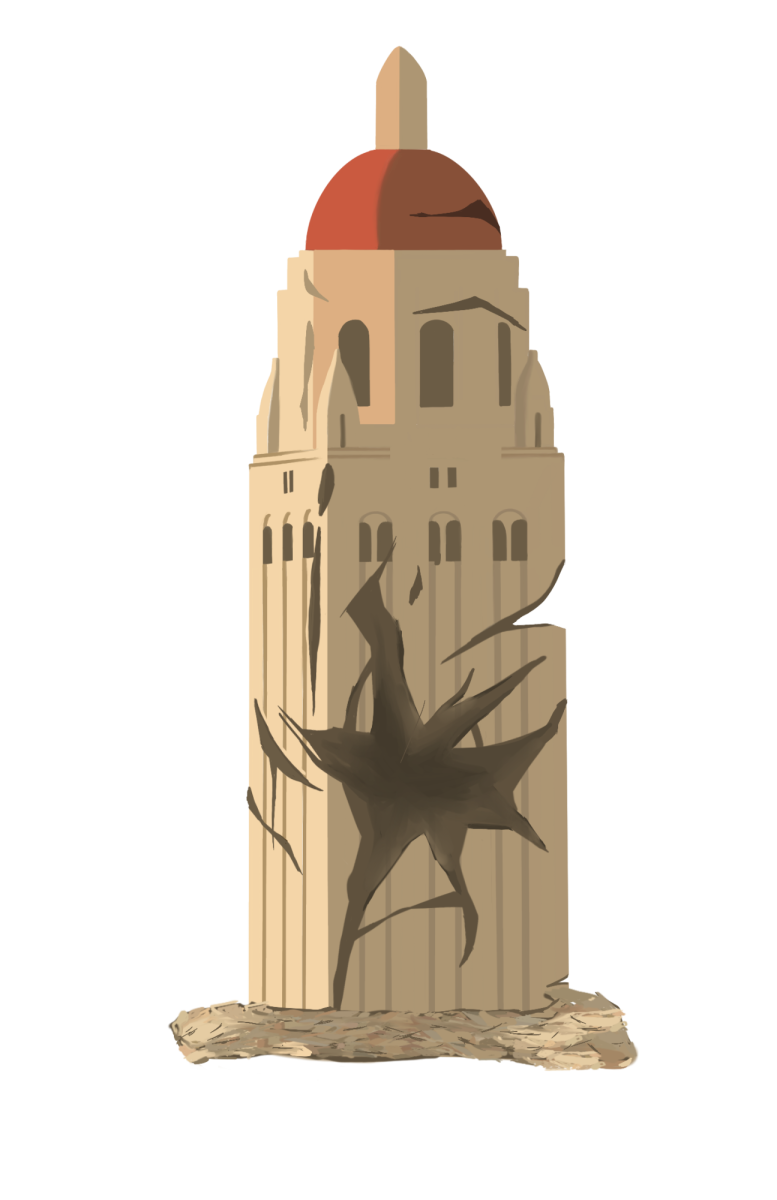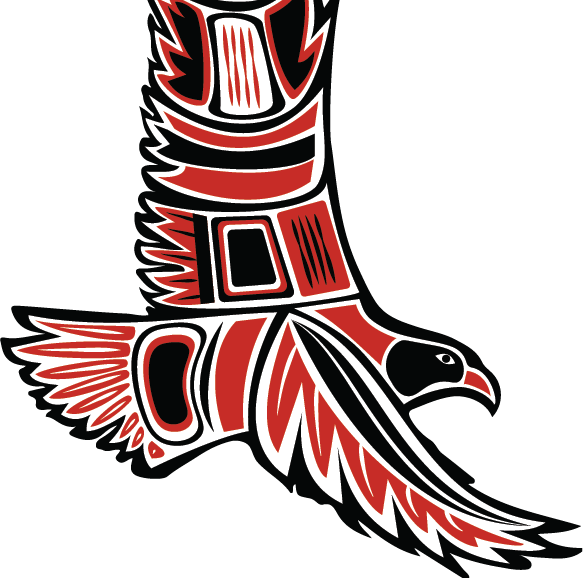Written by Eric Epstein
Since 1976, every February in America has been officially designated as Black History Month. Across the country, people take time to reflect on the contributions that African- Americans have made to America. Students are educated about the history of African-Americans and about famous African-Americans’ contributions to society. At Gunn, however, Black History Month is not celebrated as comprehensively as it should be. Implementing a Black History Month curriculum, as well as having more school-sponsored Black History Month events would be highly beneficial for the Gunn community because it is important to appreciate the heritage and history of African-Americans, and address modern issues.
The obstacles that African-American people have overcome are imperative for every citizen to acknowledge. Oppression and discrimination have been inflicted on African-Americans since they set foot in America. Today, the African-American community contributes to science, movies, politics, music, arts and countless other fields with accomplishments. Such immense strides of progress made by the African-American community deserve to be recognized and celebrated.
Despite advancement, the way African-Americans are treated is still a far cry from equality, as discrimination and racism are still very much alive. One solution to this issue is education, as exposure to and education about minority groups could lead to acceptance of and ultimately celebration of the differences between racial groups. Racial tension is a nationwide issue that has been receiving significant media coverage within the last few years, and police actions especially have been in the spotlight. In 2002, the New York Police Department implemented a stop-and-frisk program that allowed officers to stop any citizen they wanted and search them for contraband. According to the New York Civil Liberties Union, from 2002 through 2013, a staggering 51.8 percent of the civilians who were stopped were African- American, which is much higher than the percentage of African-Americans across New York City at 25.5 percent. The stop-and-frisk program was ruled unconstitutional by a state district court in 2013, after the program was accused of violating the city’s African-American and Hispanic citizens’ 14th Amendment rights. Another controversial police issue that has received heavy media coverage is police brutality. According to the Washington Post, out of the 935 Americans killed by police last year, 24 percent of the victims were African-American. Statistics such as these highlight the race-based discrimination that continues to exist in the United States.
Being educated on minority groups such as African-Americans is one way to reduce tension and discrimination in the United States. African-Americans are significantly underrepresented at Gunn. According to our school profile only 2 percent of the student body identifies as African-American. Holding Black History Month lessons and events at Gunn is the perfect place to start education at a local level.
Black History Month should offer an opportunity to celebrate diversity and differences amongst the student body. As students, we are especially privileged and fortunate to go to a school that has such a wide array of races, ethnicities, cultures and religions. Black His- tory Month events would augment existing events such as Not In Our Schools Week, Unity Day and the Martin Luther King Jr. assembly to help foster the importance of diversity. A more comprehensive observance of Black History Month would cultivate appreciation for the African-American community and also encourage the celebration of others’ differences in the community.
—Epstein, a sophomore, is a reporter.
Story continues below advertisement


